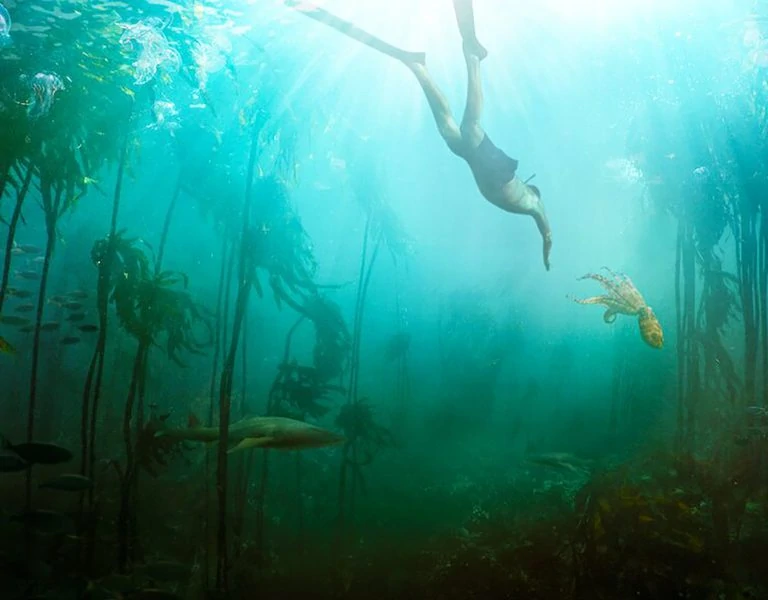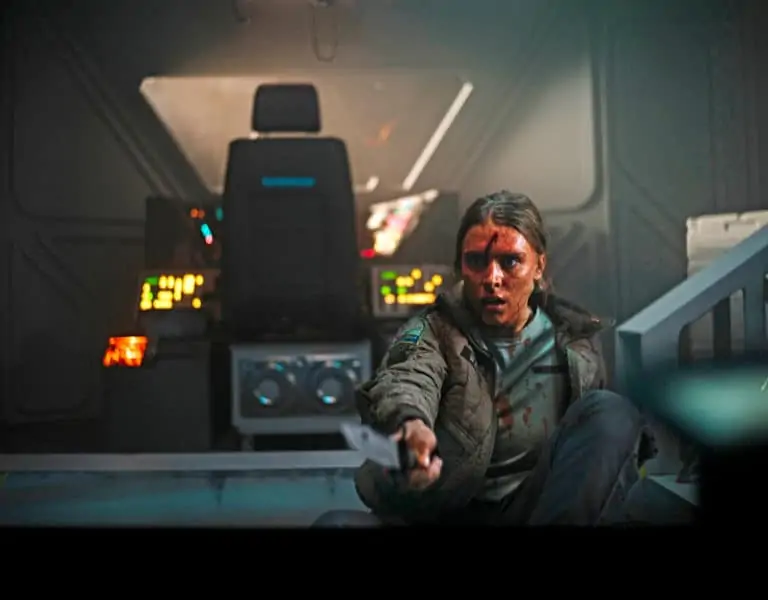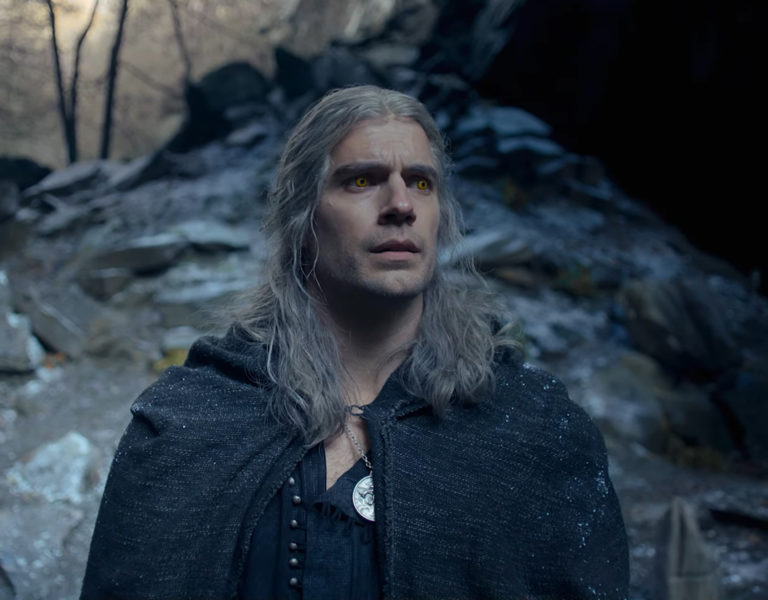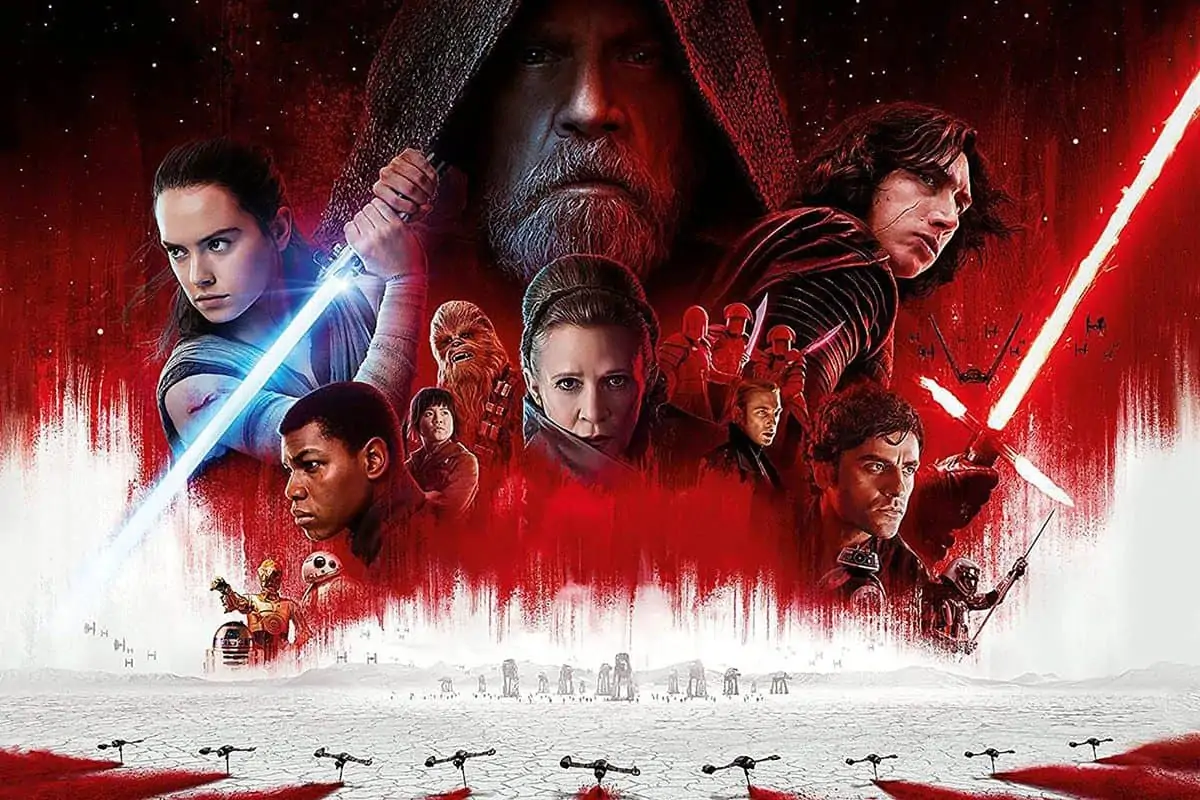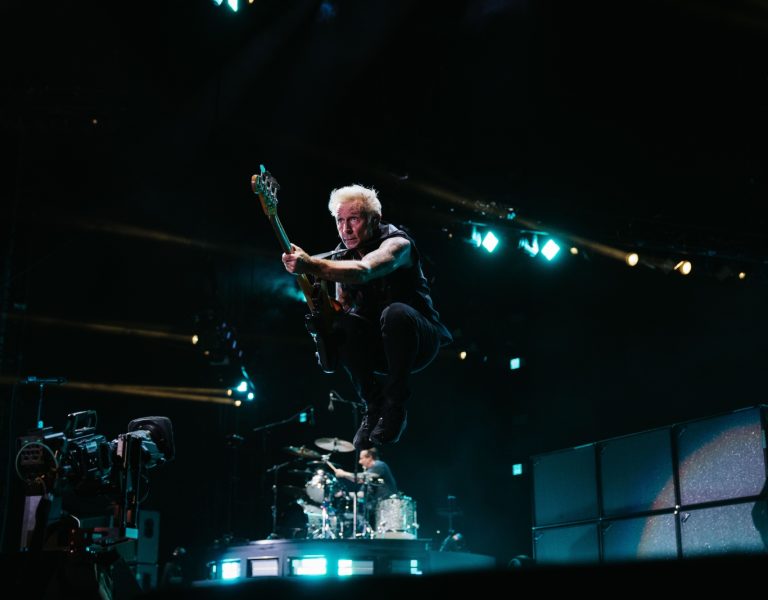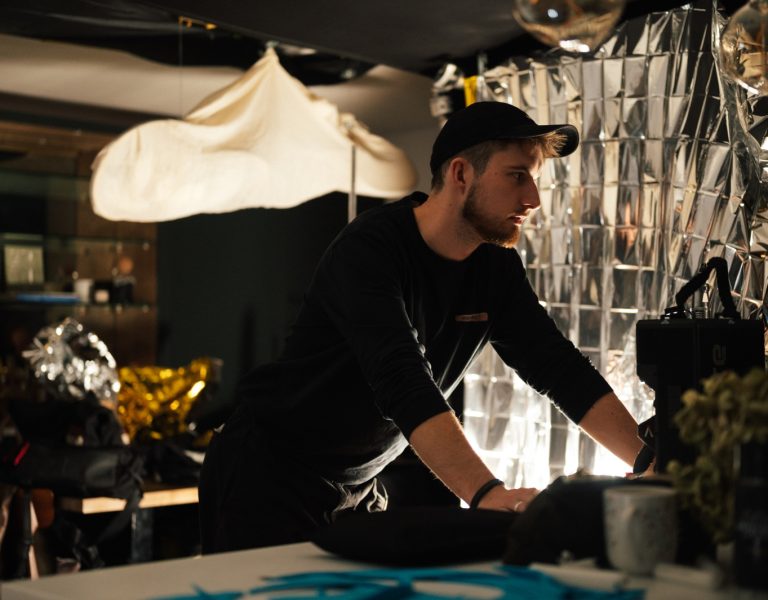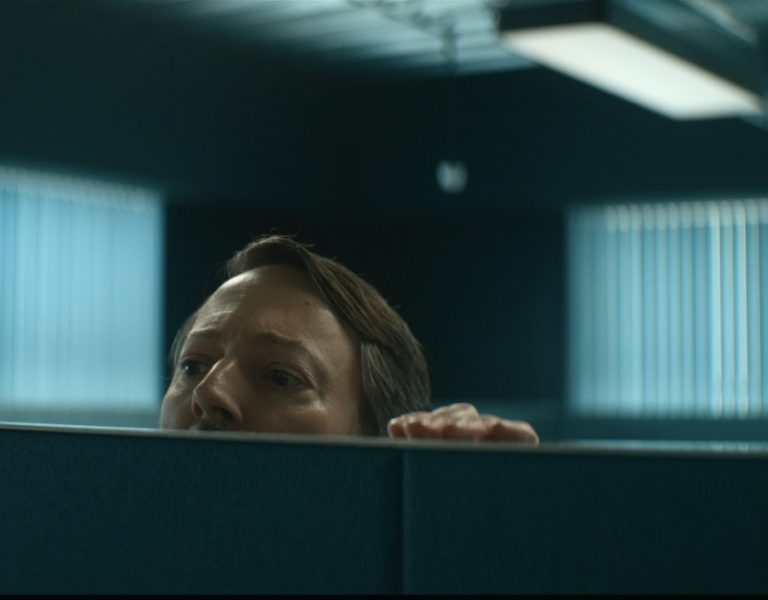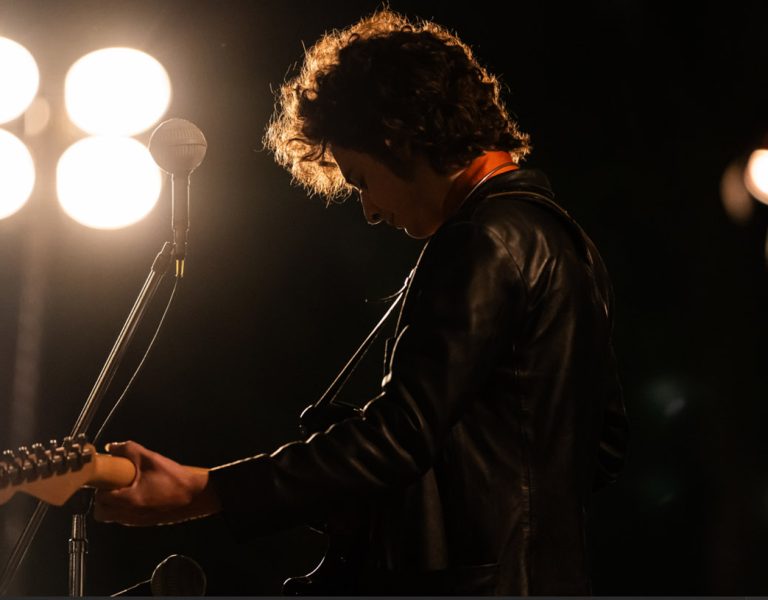Making headlines
The storyteller becomes the story in Vinay Shukla’s gripping portrayal of one of India’s elder statesmen of journalism.
He’s the esteemed journalist who’s been breaking stories on NDTV (New Delhi Television) for over 25 years; yet in tense newsroom documentary While We Watched, Ravish Kumar becomes the story. Witnessed through the lens of rising filmmaker Vinay Shukla, Kumar’s impartial reporting on Narendra Modi’s India earns him a legion of harassment from government supporters. Whether you’re familiar with the Indian political landscape or not, the feature is a startling illustration of the threat to media freedom internationally. The documentary enjoyed its UK premiere at Sheffield DocFest 2023.
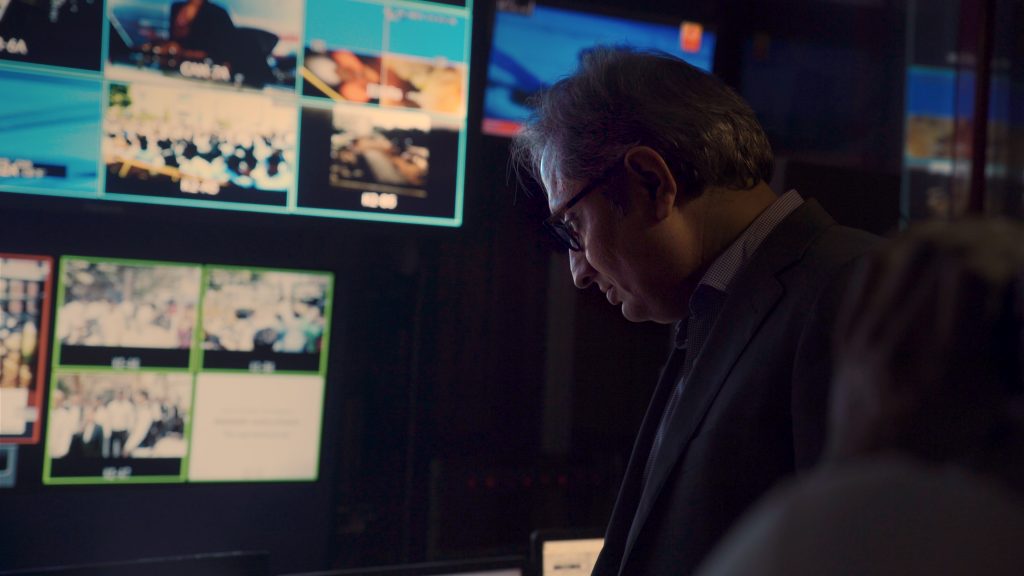
No stranger to confronting polemic, politically infused issues in his home country, Shukla’s second documentary feature follows 2016’s Toronto hit An Insignificant Man, charting the rise of Arvind Kejriwal and his Aam Aadmi Party. “My co-director and I went to the protests, we went to the Party’s meetings, and nobody was shooting them,” he recalls. “So, we thought, we know how to use the camera a bit, so maybe we can try shooting. As we kept shooting, the party became much bigger and they started seeing some success, so we literally became filmmakers on the go.”
With While We Watched, the filmmaker went one step further at the 2022 Canadian film festival, winning the prestigious Amplify Voices Award. Not bad for someone who admits his career in documentaries happened “completely by accident”!
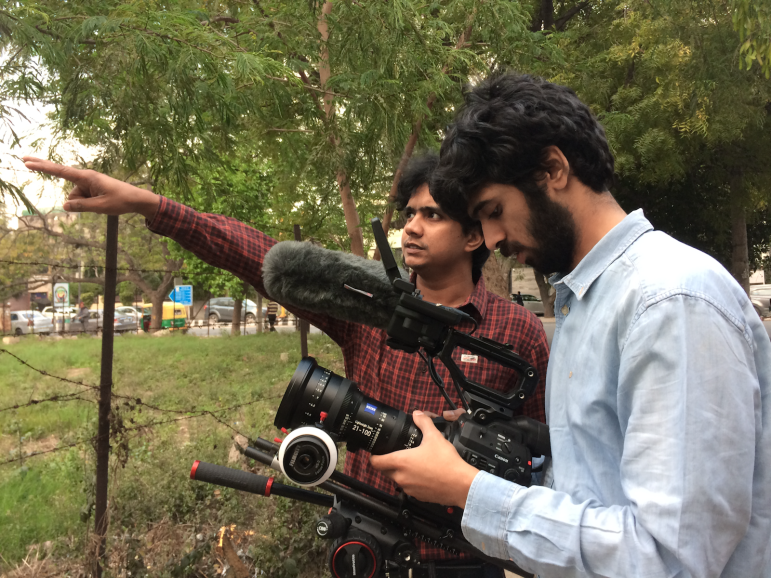
Emotional language
Shukla’s journey behind the camera began over 15 years ago, when he borrowed a friend’s DSLR. “At that point, you don’t have any subjects, so I used to shoot conversations with my family,” he remembers. “That’s how I really learned to shoot conversations between people without making them awkward. It gave me a grounding in documentaries, and how to bring a certain kind of emotional language to what you’re shooting.”
It’s a skill that came in useful on While We Watched, shot over two years as Kumar continues his quiet fight for truth. What inspired Shukla to choose Kumar as his subject? “He seemed like a very vulnerable protagonist. I was interested in the news and I remember watching his broadcasts. Unlike other news anchors, who are usually telling people that the audience is number one and whatever the audience wants, they are here to do, Ravish was actually scolding his audiences, telling them that they are the problem and they need to stop watching the news. I found that to be a delicious irony; that somebody on the news is asking people to stop watching the news.”
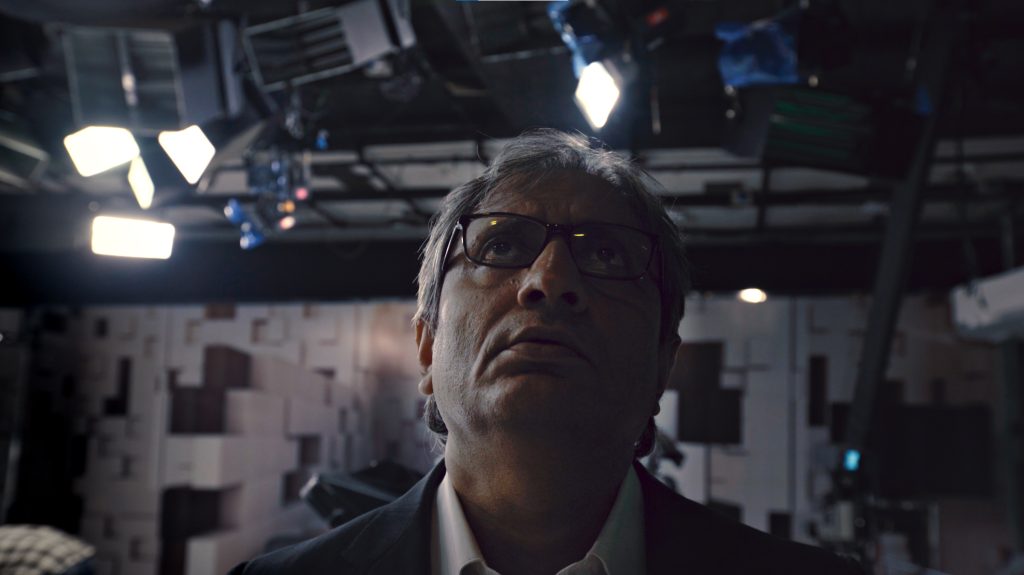
Shukla also saw in Kumar a protagonist who was beginning to question if audiences really cared about his craft. “When I started shooting with him, he was wondering if his audience cared for his kind of journalism, so I wanted to explore that idea.”
Joining Shukla on the project was cinematographer Amaan Shaikh. “He has an incredible gift of feeling, and being able to convert those feelings into art,” says Shukla. “Some of the key scenes in the film were entirely shot by him. In documentaries, you’re always struggling with access, and very often people would give him access more readily than they would give it me. I’m hoping he’ll be a long-term collaborator of mine.”
The team adopted a two-camera setup, which comprised the Sony a7S II with a Zeiss 25mm lens on a gimbal for shooting tight spaces, and a Canon EOS C300 Mark II with a Zeiss zoom for its coverage benefits. “Between the two of us, Amaan was doing a lot of moving around and following people, while I was doing the static shots – standing in one place and trying to capture the masters,” explains Shukla.
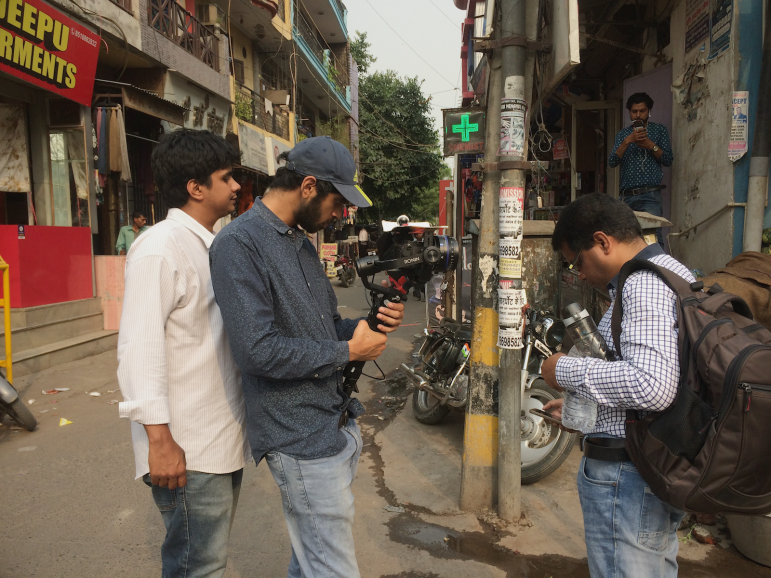
Tools and techniques
Shukla had planned to do a few weeks of research before starting shooting in 2018. However, on his first day with Kumar, he saw a cutting which later features in the final film. “I thought, ‘There’s a film here’, so I began shooting very intensely from day one,” he recalls. It was a film that came together very slowly, with a lot of time spent simply observing people.
Shooting at the heart of a busy newsroom, where everyone was aware of the power of the camera, the filmmakers had to be “almost invisible”, using the lighting they had available. Shukla continues: “A lot of the setup that we had was adapted so we could perform very quickly. We designed a lock and release rig which allowed us to get into rooms, shoot, then get out very quickly, along with a nifty gimbal setup.”
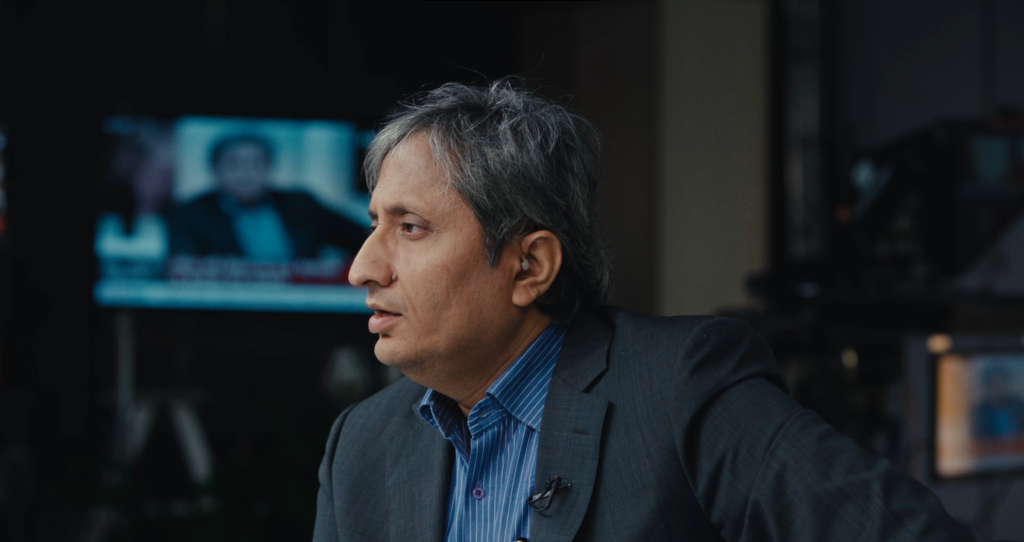
In his approach to framing, the filmmaker wanted to convey a very emotional story of a vulnerable news anchor. “The news broadcasts will always show you Ravish as a mid-shot, but in this film we’re in his face. We were shooting with this 25mm lens, very often sticking it right up into his eyes, because I wanted people to be able to look into his eyes and feel what he’s feeling.
“We’ve become so desensitised to news, and to news anchors, so I knew that if I wanted to make Ravish believable, people had to see that he meant what he was saying, so I tried to cut down the distance between the audience and him by going really close to his face and capturing his inner light.”
For the grade, Shukla took a Hollywood thriller approach. “The idea was that the film starts very dark, then evolves into a thriller, so the grade gets softer as you go along. In the grade you’ll see a journey from a very dark feeling to a cinematic feeling as you go on.”
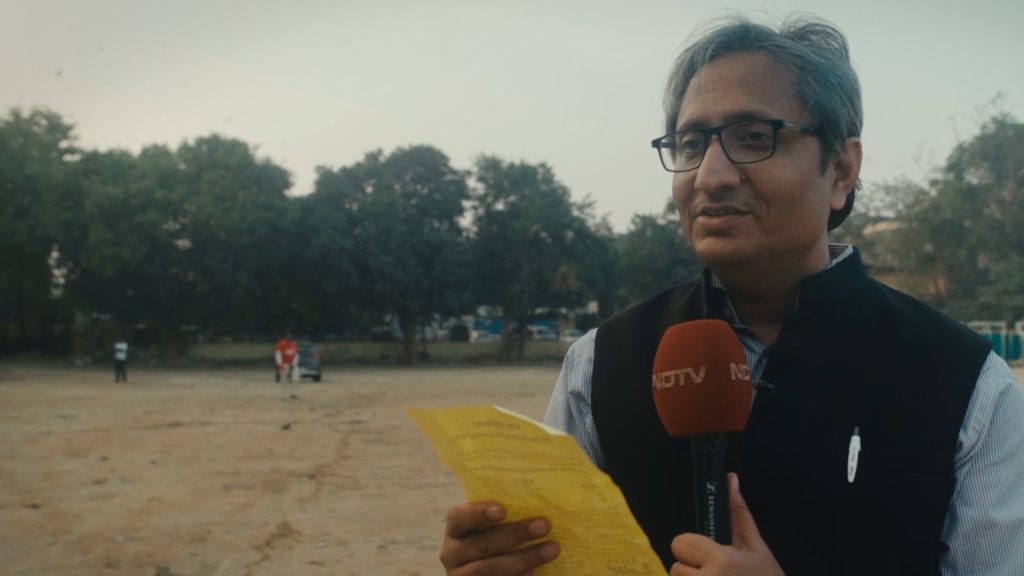
After two years in the edit – and some notable developments in Kumar’s story – Shukla is proud that While We Watched is finally out in the world. “People have become very desensitised to news, but after they see this film they tell me that they felt a lot and that it was a very evocative, emotional and pulsating journey to them,” he says. “We’ve essentially managed to sensitise people to it, and I’m really happy we managed to do that.”
He ends with some sage advice for budding cinematographers looking to make their mark on the documentary world: “For any students reading this and who may find my films to be of some value, I hope that they are able to find experiences which sensitise their eye. Camera skills, great shots – somebody will teach them that or they can learn it themselves. But to be able to feel and to be able to make others feel complex emotions, of jealousy, of, of hope of love, of betrayal requires a certain sensitisation of the soul and of the eye. I hope that young cinematographers are able to find that for themselves.”
While We Watched is in UK cinemas now.
